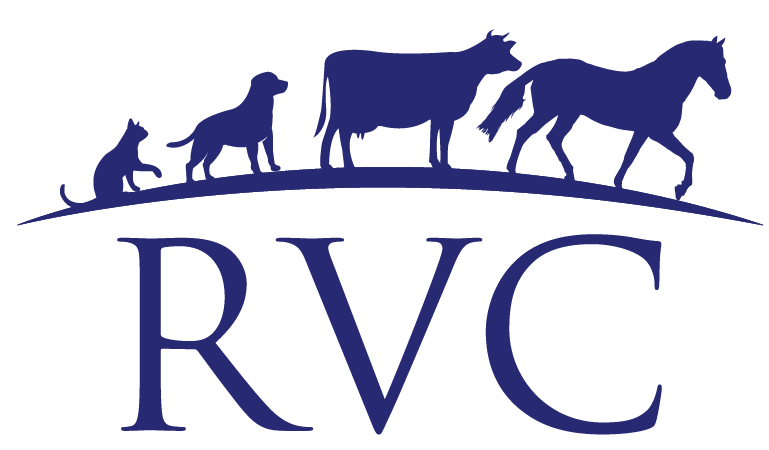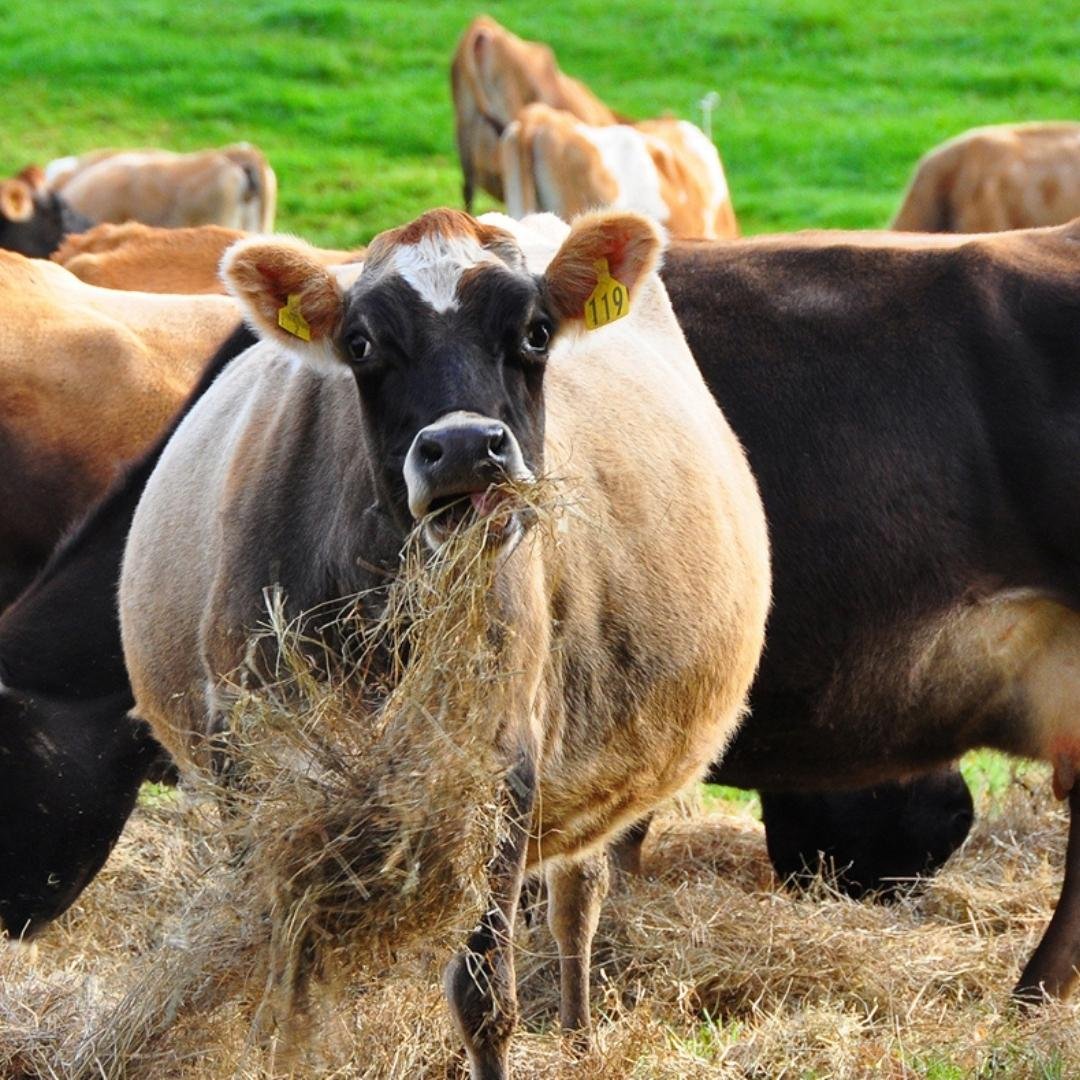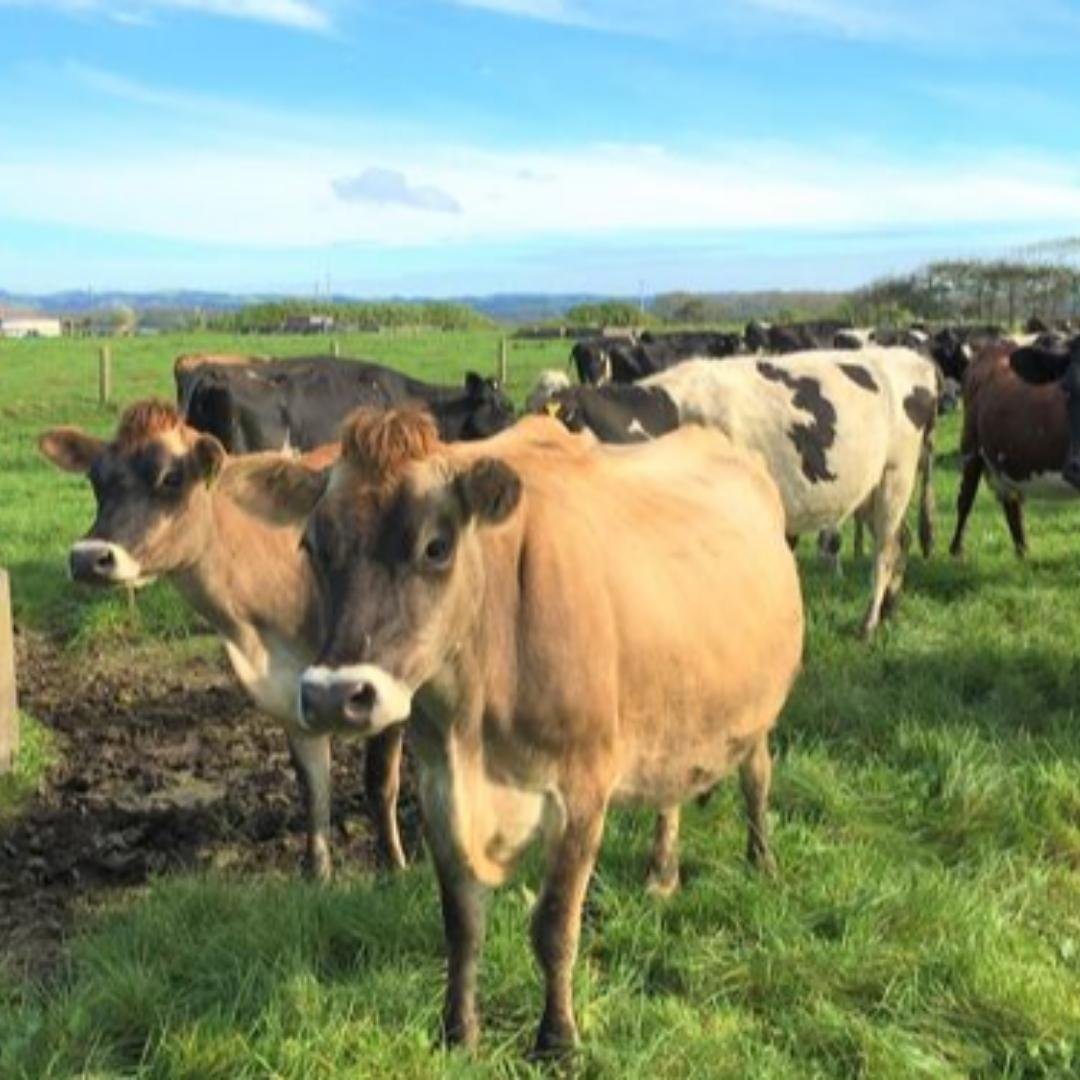MINERALS; the highs & lows
The mornings are fresher and the days are getting shorter. Winter preparations are coming into effect and this is a timely reminder to perform some pre-winter mineral testing. At this time of year the four key minerals are Selenium, Copper, Iodine and Cobalt.
SELENIUM
One of the most important minerals in NZ selenium plays an important role in growth and fertility of cattle. It also has a major anti-oxidant role and is essential for immune function.
Selenium levels vary more day to day than the likes of copper. Blood levels reflect the recent history of supplementation and are a good indicator to assess if your supplementation is adequate.
Cows will almost always be getting selenium through a dosatron or similar method, but sometimes require extra supplementation on top of that! Never forget your youngstock as well, selenium is incredibly important for their growth and performance in the long term.
Ideal Ranges:
Blood: April – Dec: 800 – 1400 nmol/L
Blood: Dec – April: 300 – 500 nmol/L
Liver: 4000 – 6000 nmol/kg for optimum levels
Youngstock < 21 months
• Blood: 300 – 500 nmol/L
• Liver: > 1500 nmol/kg
COPPER
Copper has many roles in the body from being a key component of the immune system to activating enzymes to ensuring proper growth.
The liver is like a storage tank of copper. However, the relationship between blood and liver copper levels very rarely matches up, only in deficiency. This means that the blood levels of copper will only be low when the liver levels have already dropped.
Copper liver levels decrease over winter, which is why it is always good to test and supplement pre-winter (Dry off time!). We can have adequate blood levels at the same time as low liver levels pre-winter; so we cannot always rely solely on bloods.
Testing liver levels can be done at the works on cull cows or via liver biopsy performed by a vet.
Ideal ranges:
Blood: 8 – 18 umol/L
Liver: 500 – 1500 umol/kg
IODINE
Iodine ensures that metabolic, reproductive and bone function occurs at an optimum level as well as maintaining normal embryo and fetal development. Iodine deficiency during pregnancy can result in goitre in newborn animals, this is the reason why all of our table salt is iodised!
We have been seeing lots of deficient and low results coming through from heifers and dairy cows this year as we have increased our testing. Lucky enough iodine is easy to supplement in both youngstock and older cows.
Ideal range:
Blood: > 45 ug/L
COBALT
Cobalt is required in order for the body to make Vitamin B12. B12 itself has a large role in energy metabolism, which is rather important for our growing youngstock or milking cows. Decreased milk production, decreased fertility and an increase in metabolic disease are all associated with Vitamin B12 deficiency.
Cobalt/Vit B12 deficiency is actually quite rare in cattle; lambs and sheep are much more susceptible to the disease.
Much like selenium, cobalt is not stored in great amounts of the body. Therefore blood testing is important to determine if our animals are receiving adequate cobalt over time.
Ideal ranges:
Blood: > 150pmol/L
Liver: > 370 nmol/kg
We used to think that there were two levels of minerals: normal or deficient. However, recently trial work has unveiled that there is a higher, third level; optimal. While a normal level prevents the animal from suffering from any of the negative effects of deficiency, an optimal level helps the animal perform at the next level. For example increasing Selenium beyond the adequate to the optimal level also increases immune function; decreasing reproductive diseases such as mastitis, metritis, retained membranes and cystic ovaries. Keep this in mind when testing or supplementing animals, especially moving into Spring.
Bloods are a quick and easy way to assess mineral levels but sometimes do not correlate exactly with what is going on in the body. Copper for example is stored in great amounts in the liver so the blood levels will remain relatively constant until the stores are depleted. Liver samples for testing can be taken from cull cows at the works, contact our office to get the forms to request these tests.
Knowledge is key, if we know now then we can take action before problems start heading our way in Spring. The only reliable way to know if we have to supplement is to test!




